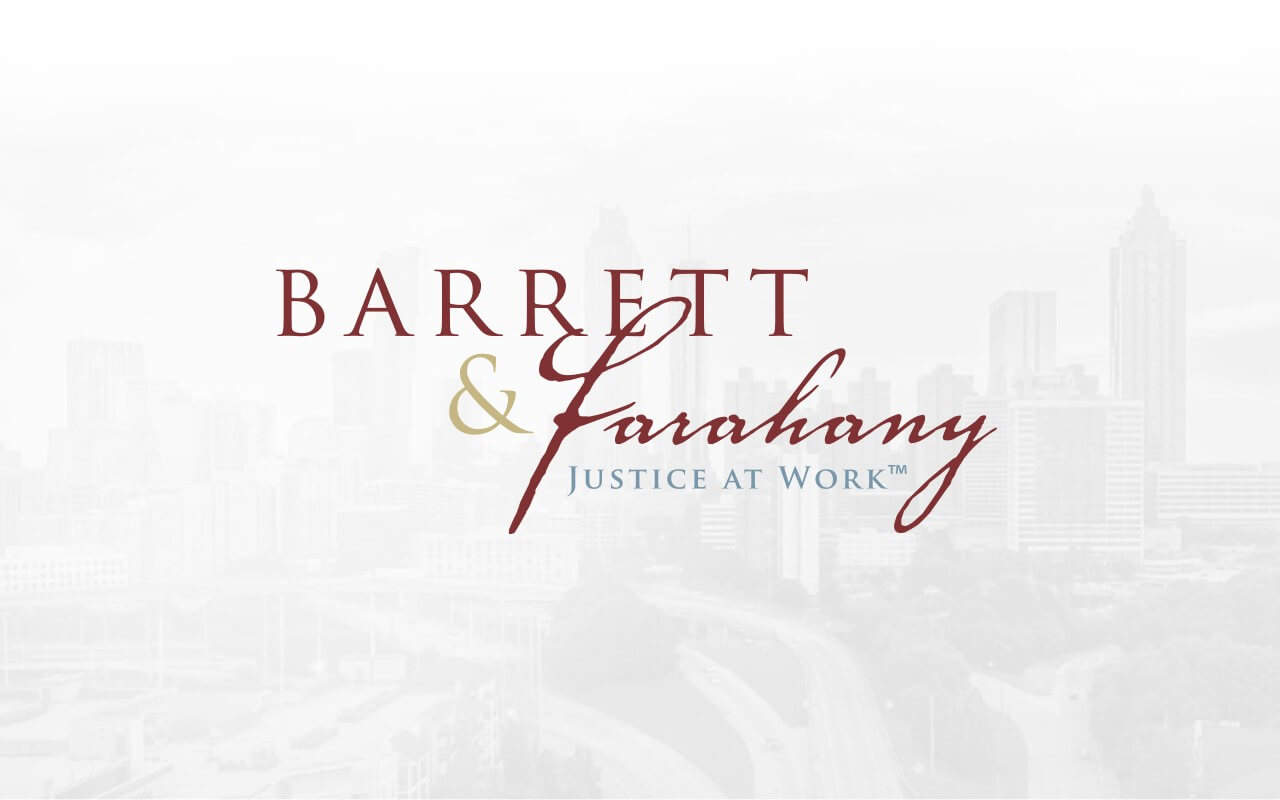An Atlanta jury has returned a $3.39-million-dollar verdict in a case of employer “race matching,” Faulk v. Dimerco Express, Northern District of Georgia, Atlanta Division, Case No. 1:21-cv-01850-MLB. This case, tried in U.S. District Court, is part of a troubling trend employment lawyers say they are seeing of overseas companies coming to the U.S. and either not comprehending or not respecting the civil rights that employees have fought so hard to achieve.
On Thursday, an Atlanta jury found that Dimerco Express, a trucking company, denied Kenny Faulk a job as a sales executive because he is black. Mr. Faulk’s attorneys presented evidence that Dimerco’s leadership had instituted a policy of “race-matching,” hiring only Caucasians to cater to what it called the “Caucasian market.”
That evidence included emails saying that Dimerco only would hire white people between the ages of 26 and 40 as sales executives. Mr. Faulk’s attorneys brought further evidence that, although Dimerco’s Atlanta sales manager wanted to hire Mr. Faulk, when the company president found out Mr. Faulk was black, he vetoed the hiring. Mr. Faulk learned the reason he was denied the job when a human resources executive blew the whistle and told Mr. Faulk that the company had instituted a policy banning minority hiring.
The lion’s share of the jury’s award, $3 million, come in the form of punitive damages, which are damages to punish bad actors and deter future misconduct. “Unfortunately, Mr. Faulk is one of several individuals who have approached our firm in recent months and reported that companies who have come to the United States, primarily from Asia, have instituted policies in wholesale disregard of civil rights laws protecting minorities, women, the disabled, or the LGBTQ+ community,” said Amanda Farahany, founder of Barrett & Farahany, who tried the case alongside Severin Roberts, a partner in the same firm.
Mr. Roberts said that this trend is particularly troubling as his clients are now bringing claims against companies that have obtained substantial tax benefits and incentives to locate in Georgia (which Dimerco Express did not).
“I currently have six clients, and another attorney at our firm has three more, bringing claims against one company that benefited from substantial tax breaks and gifts of public land to open facilities in the U.S. and in Georgia,” Roberts said. “Companies who receive the benefit of public dollars must understand and respect the burdens placed on them by our Constitution.”
Mr. Faulk said he hopes his case helps preserve the rights of future generations of American workers in the face of globalization. “It was my responsibility as a black man to bring this case not just on my behalf, but to honor the struggles of all the black men who came before me and fought to stand on equal footing,” Faulk said. “We can’t lose ground in the battle for civil rights.”


